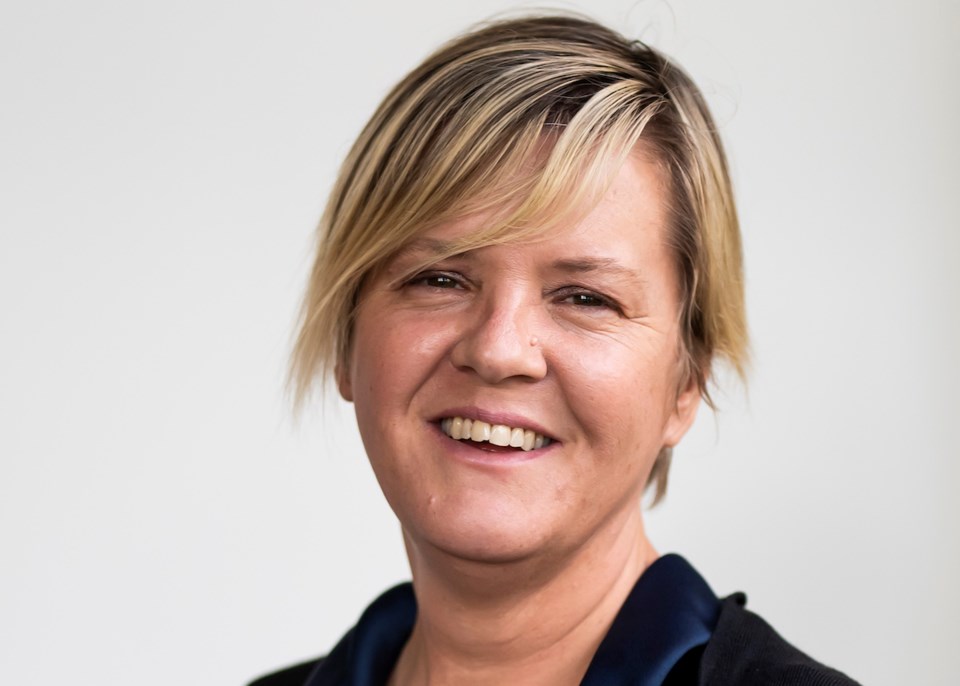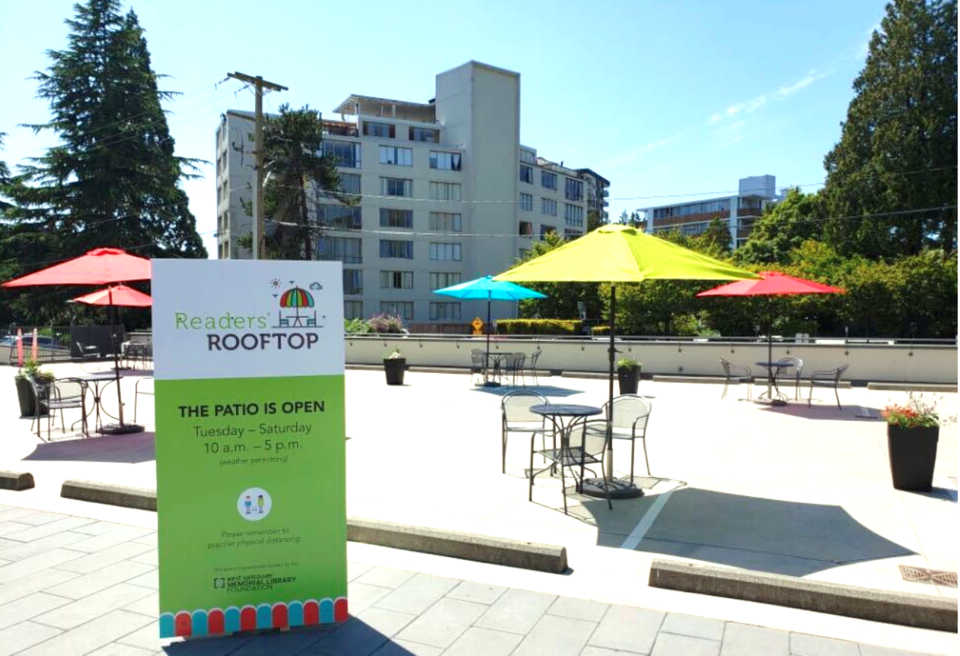You wouldn’t think a library could reinvent itself. Then again, until this past March, you wouldn’t think a microscopically tiny virus could so thoroughly upend life as we know it.
Staff and patrons were devastated when libraries across the country had to close at the start of the coronavirus pandemic. At the West Vancouver Memorial Library, the initial scramble was to make it technologically possible for staff to work from home. Within a week, staff were busily finding ways to move most of the library’s programming online.
The response has been overwhelming. About 9,000 people have attended the library’s various online classes — including librarians from around the world who want ideas of how the shift can be done. The e-book borrowing service shot up 56 per cent. There’s been a large increase in the number of people taking advantage of the library’s free access to Lynda.com courses to upgrade their job skills. Children embraced the morning routine of the virtual storytimes. Tweens and teens who took part in the online gatherings say it was their favourite part of summer, in part because of the new friendships they made. And people who enjoy the quiet solitude of the library are enjoying some reading time on the new rooftop patio.
Will all this extra online activity, the library recently updated its website to make it more easily navigable. It includes a LibraryConnect online chat service through which you can ask questions of staff.

“Any challenge is also an opportunity and I’m so impressed with how our staff was able to innovate quickly, all with the goal of being there for the community,” says director Stephanie Hall. “The epidemic accelerated our change. I don’t know that without it we would have suddenly launched virtual programming but there’s a huge demand for it.
“It was really stressful and tiring but it’s also been cool in a way. It’s made us realize how important the life of the mind is.”
Much of the programming was created in house. “For our staff,” Hall says, “it’s not enough to just have a program about how to use technology; it’s also ‘What does it mean to you in your life?’ It’s not just ‘I press the button and this happens.’ It’s more, ‘OK, how can you use it?’”
Staff had to discover and assimilate virtual tools and then create programming that didn’t just plop a camera in front of a presenter. For instance, staff engaged tweens and teens by using technology that invited them to create their own virtual time capsule, as well as find their way out of a virtual escape room. Simply being a passive consumer wouldn’t cut it.
Now there’s a realization that, pandemic or not, there will always be a need for online programming.
“We have created a service that everybody likes,” Hall says.
The question will be how to staff both in-library programming and online programming once people can return to the library for longer than it takes to check out a book and go.
“It will be a bit of a trade-off,” she says, “because it’s the same number of staff. We’ll need to move towards having some in-person programming, some online. It’s something we didn’t really think about until now.”
Hall recognizes that the in-person services were dearly missed when the library had to shut down from March to July 7, and not just for people who want to browse the shelves.
“People said closing the library was one of the cruelest cuts because they were so isolated at home,” Hall says. “People were surprised how quickly that sense of isolation could come upon them. Sometimes they don’t need that much, but they need something. They need to have that sense of being connected to a community.”
As well, “if you just cut a service, there are people who will get left behind. For instance, just after most libraries closed, Service Canada said they couldn’t offer in-person services because there were too many people. All of its services were available only by phone or online. But there are people who don’t have a computer or the internet.”
An important boost was a Telus grant that allowed North Shore libraries to join forces with other non-profit groups on the North Shore, such as First Nations, women’s shelters and health resources, to distribute 400 free tablets and phones. The West Vancouver Seniors' Activity Centre pioneered a partnership that allows their staff to use the library’s vehicle to deliver books to seniors who aren’t able to get out.
“That’s just such a tremendous service,” Hall says. “The great thing about this whole crisis is people really are willing to work together.”

She also praises the library foundation for buying the outdoor furniture for the rooftop parking area that was transformed into a patio.
Before reopening the library, chairs were removed, cleaning schedules were enhanced and hand sanitizers were placed everywhere. Now the library is adapting to protocols that encompass new scientific understanding of how the virus spreads.
“The main thing is not to come in if you’re sick,” Hall says. “If you have items and aren’t feeling well, just hang onto them. That’s Step 1. Within the facility, we strongly recommend that people wear a mask. Right now, when books come back we’re quarantining them for three days but that may change because the [B.C.] Centre for Disease Control has said that touch is not the main vector for transmission; it’s about respiratory droplets.”
Back in March, the library had to adapt to a new normal. That new normal continues to change so, Hall says, staff will continue to adapt.
If you would like to discover more about the virtual possibilities at the West Vancouver Memorial Library, you can sign up for a free online workshop. It's on Sat., Sept. 12 from 11 to 11:30 a.m.
Martha Perkins is the North Shore News’ Indigenous and civic affairs reporter. This reporting beat is made possible by the Local Journalism Initiative.



